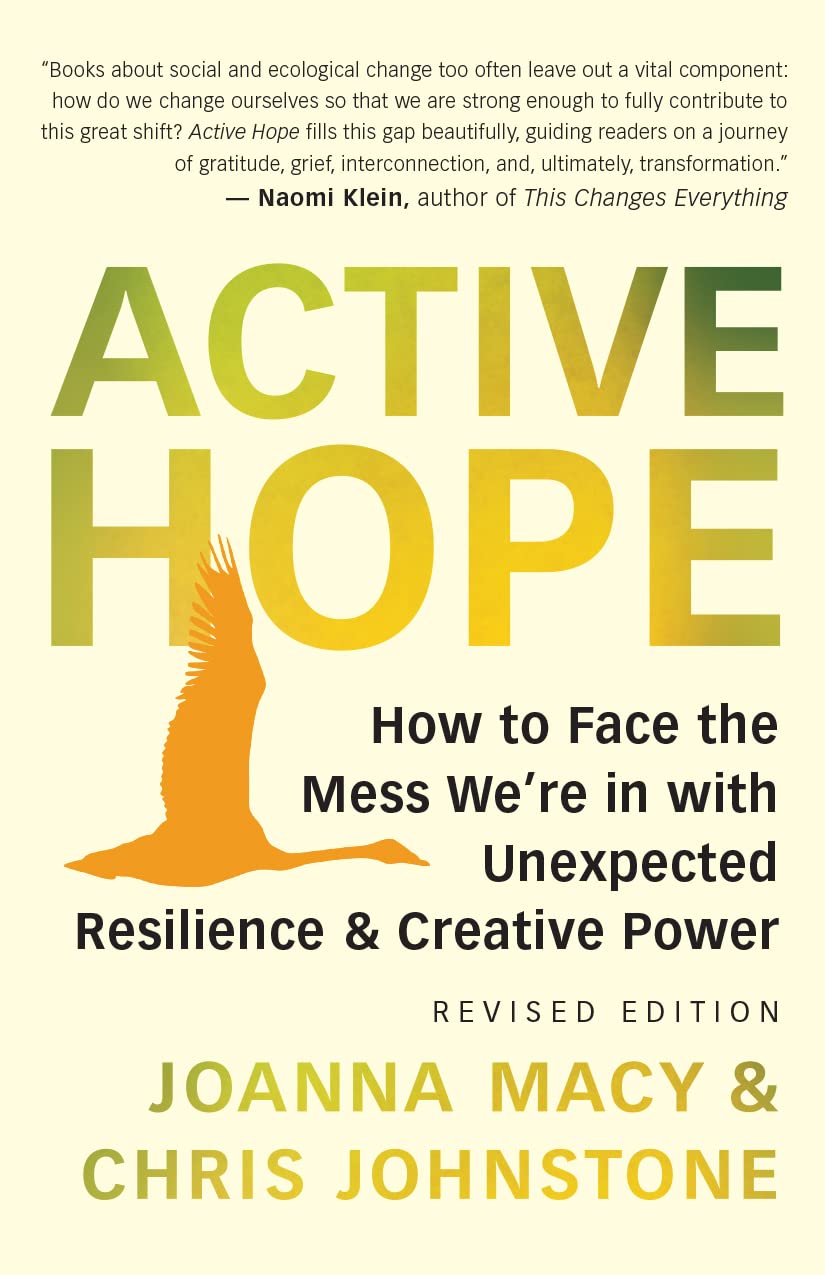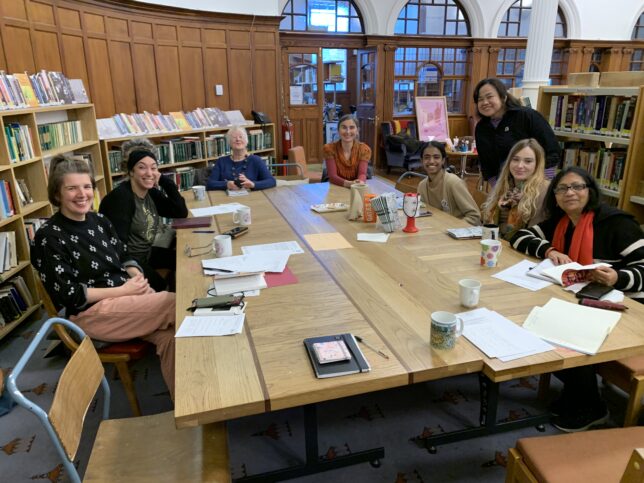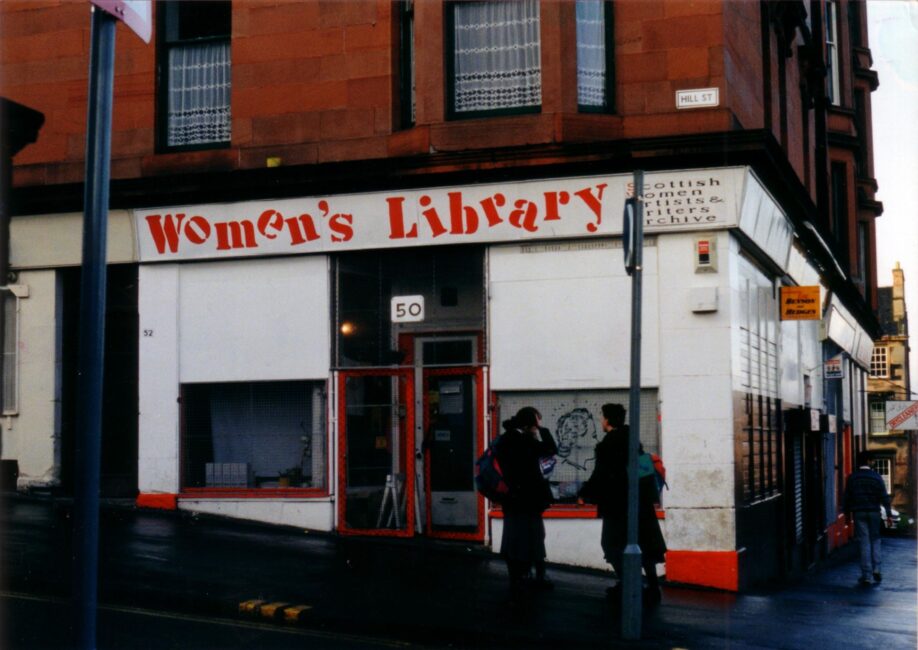This month Anabel reviews The Hunger Games trilogy: The Hunger Games, Catching fire and Mockingjay.

Some years ago, I wrote a booklist and toyed with the title I’m a character in a teenage novel … get me out of here! I’m a celebrity was newly on-screen, but I decided it might be a flash in the pan and no-one would get the title after a few weeks or months. How wrong could I be? The programme survived, but so did the list, albeit with the rather more prosaic title Survivor. Mostly set in apocalyptic versions of the future, the books on it share a common theme: the battle for survival. Their central characters, usually teenagers, have to overcome fire, floods, demons or some other horror as they struggle to build new lives or new societies. As well as being good stories, the books will also make their readers think about the way we treat our world today.
That list has been regularly updated, and nothing better has been added to it than Suzanne Collins’ Hunger games trilogy, which is now available in Glasgow Women’s Library. In the first book, we are introduced to a dystopian society based on what is left of the USA after a global disaster. The wealthy Capitol is surrounded by 12 poorer Districts which, 75 years ago, tried to break away. As punishment for the failed rebellion, every year each District must supply one girl and one boy between the ages of 12 and 18 to take part in the Hunger Games. These do sound rather like I’m a celebrity, with the added excitement of being a fight to the death – the last participant alive wins. The very first time Prim Everdeen from District 12 is eligible her name comes out of the hat, but her older sister Katniss volunteers to take her place and it is her adventures we follow through the three books. It’s not pretty – by their very nature, the games have to involve violence and Collins doesn’t shrink from describing it. The politics are presented in a thought provoking way too, without being heavy handed. There are also gentler themes – love, for instance, as Katniss explores her feelings for both Gale, her childhood friend, and Peeta who accompanies her into the Arena.
It took me a while to get into the first few chapters, but after that I was hooked and tore through all three, although I found the quality tailed off a little towards the end. I didn’t find the final battles terribly convincing, but on the whole they were a great read. The Hunger Games has been filmed and Catching fire will follow soon, but I strongly advise reading the books before seeing the films: they are much better. The chosen actors looked a bit too perfect and shiny for me, and if I hadn’t known about them beforehand I’d have been hard-pressed to care very much about any of the characters, who all seemed rather dreary – which they certainly aren’t in the books.
An added bonus: last year the book and the film were credited in the Guardian with making archery cool – Katniss relies on her bow and arrow to survive and, apparently, especially in the US, uptake of archery amongst young people has shot up: no pun intended. This was, of course, in the context of the Olympics, and it was one of the US archery team who trained the actress playing Katniss. Around the same time, We love this book had a piece by Sarah J Maas on kick-ass heroines, such as Katniss, in which she concludes that “the rest of the world is finally waking up to the idea that girls can be in these lead roles, that they can save the day and don’t need to wear a sexy, half-unzipped leotard to do it.” Maybe not quite in tune with the Olympian role-model idea, because some of the female athletes do indeed wear sexy leotards, but anything – books, sport or whatever else – which might make girls think that they can aspire to more than being a skinny model is surely a good thing?






